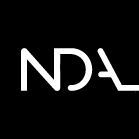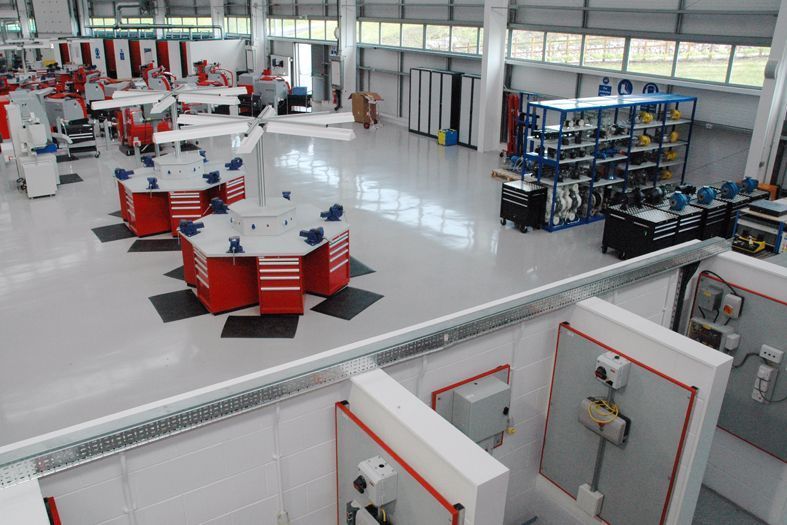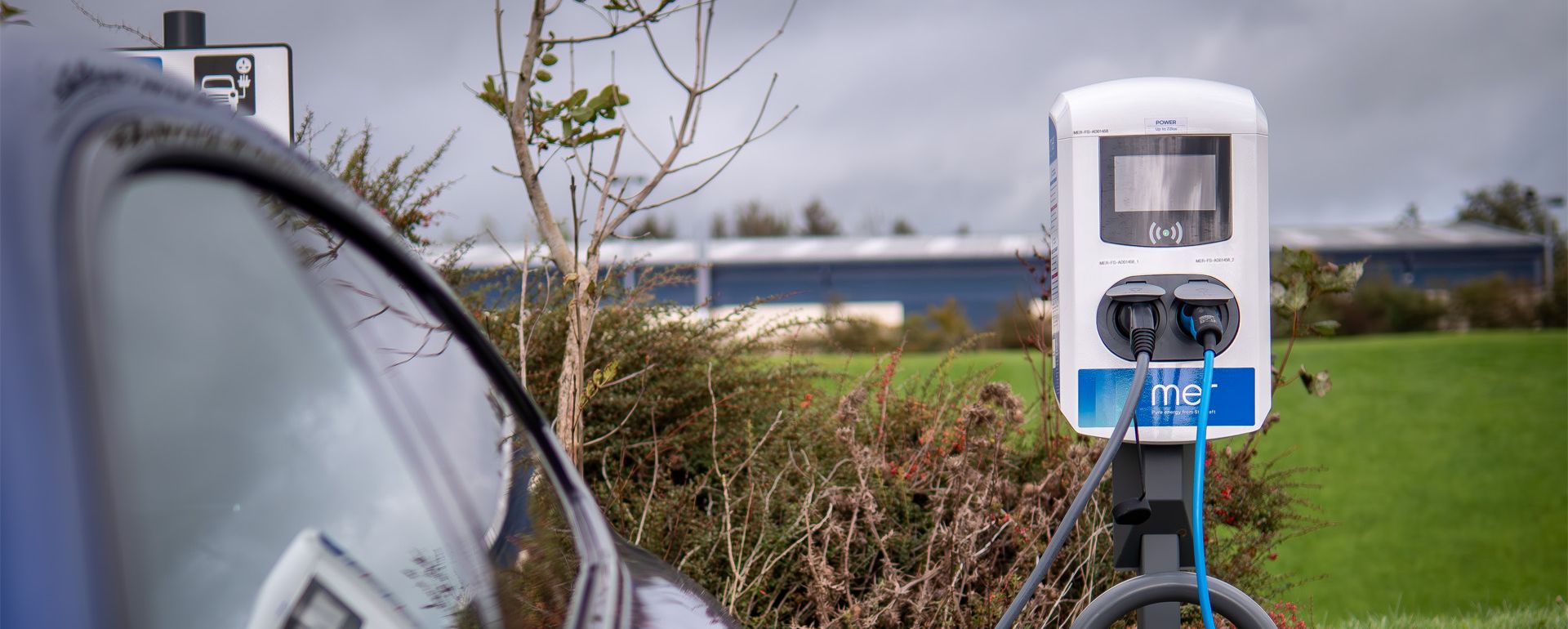Diversity Statement
Energus is committed to fostering equality, diversity and inclusion among our workforce, and eliminating unlawful discrimination, and will embed all equality, diversity and inclusion principles into all aspects of our business
The aim is for our workforce to be truly representative of all sections of society and our customers, and for each employee to feel respected and able to give their best.
The organisation – in providing goods and/or services and/or facilities – is also committed against unlawful discrimination of customers or the public.
Our Policy’s Purpose
Our goal is to create an environment where all individuals are treated with fairness and respect.
This policy’s purpose is to:
- Provide equality, fairness, and respect for all in our employment, whether temporary, part-time, or full-time.
- Not unlawfully discriminate because of the Equality Act 2010 protected characteristics of:
- age
- disability
- gender reassignment
- marriage and civil partnership
- pregnancy and maternity
- race (including colour, nationality, and ethnic or national origin)
- religion or belief
- sex
- sexual orientation
- Oppose and avoid all forms of unlawful discrimination. This includes in:
- pay and benefits
- terms and conditions of employment
- dealing with grievances and discipline
- dismissal
- redundancy
- leave for parents
- requests for flexible working
- selection for employment, promotion, training or other developmental opportunities
General Principles
The 5 principles of this policy are:
- We strive to achieve equality
- We actively encourage diversity across our workforce
- We encourage and embrace an inclusive culture
- Bullying is not acceptable – zero tolerance
- Harassment is not acceptable – zero tolerance
We will not tolerate any form of discrimination or harassment, whether direct or indirect, because of any of the protected characteristics set out above. The types of discrimination that are prohibited are explained below.
Direct discrimination – this is treating someone less favourably because of a protected characteristic. An example of this is paying someone less because of their gender or because they belong to a particular racial group. ‘Because of’ is very wide and includes less favourable treatment based on a perception of another person, for example that the person is gay, or is disabled, whether or not this perception is correct and even if the perpetrator knows that their perception is, in fact, wrong. It also includes less favourable treatment because someone is associated with another person who has a protected characteristic.
Indirect discrimination – this is treating people in the same way but in a way which adversely affects
those with a protected characteristic. An example of this is telling all employees that they have to work late at night. Although applied to everyone, this policy may adversely affect those employees with childcare responsibilities, and statistically women often bear more of these responsibilities.
Victimisation – this is treating someone less favourably because they have asserted their right not to be discriminated against because of a protected characteristic. An example of this would be an employee claiming that they had been discriminated on the grounds of their disability and then their manager deciding when they left not to give them a reference because they had claimed disability discrimination.
Harassment – this is unwanted conduct, related to a protected characteristic, which has the purpose or effect of creating an intimidating, hostile, degrading, humiliating or offensive environment for someone or violating their dignity. Harassment may also be of a sexual nature or may occur because someone has harassed the victim and the victim either rejects or submits to it and, because of that rejection or submission, that person treats the victim less favourably.
Employees are expected to support Energus in achieving these aims. In certain circumstances, an
employee can be personally liable for discrimination against a fellow employee or a job applicant.
Our commitments
Energus is committed to:
- Encourage equality, diversity and inclusion in the workplace as they are good practice and make business sense
- Create a working environment free of bullying, harassment, victimisation and unlawful discrimination, promoting dignity and respect for all, and where individual differences and the contributions of all staff are recognised and valued.This commitment includes training managers and all other employees about their rights and responsibilities under the equality, diversity and inclusion policy. Responsibilities include staff conducting themselves to help the organisation provide equal opportunities in employment, and prevent bullying, harassment, victimisation and unlawful discrimination.
All staff should understand they, as well as their employer, can be held liable for acts of bullying, harassment, victimisation and unlawful discrimination, in the course of their employment, against fellow employees, customers, suppliers and the public
- Take seriously complaints of bullying, harassment, victimisation and unlawful discrimination by fellow employees, customers, suppliers, visitors, the public and any others in the course of the organisation’s work activities.Such acts will be dealt with as misconduct under the organisation’s grievance and/or disciplinary procedures, and appropriate action will be taken. Particularly serious complaints could amount to gross misconduct and lead to dismissal without notice.
Further, sexual harassment may amount to both an employment rights matter and a criminal matter, such as in sexual assault allegations. In addition, harassment under the Protection from Harassment Act 1997 – which is not limited to circumstances where harassment relates to a protected characteristic – is a criminal offence.
- Make opportunities for training, development and progress available to all staff, who will be helped and encouraged to develop their full potential, so their talents and resources can be fully utilised to maximise the efficiency of the organisation.
- Make decisions concerning staff being based on merit (apart from in any necessary and limited exemptions and exceptions allowed under the Equality Act).
- Review employment practices and procedures when necessary to ensure fairness, and also update them and the policy to take account of changes in the law.
- Monitor the make-up of the workforce regarding information such as age, sex, ethnic background, sexual orientation, religion or belief, and disability in encouraging equality, diversity and inclusion, and in meeting the aims and commitments set out in the equality, diversity and inclusion policy.Monitoring will also include assessing how the equality, diversity and inclusion policy, and any supporting action plan, are working in practice, reviewing them annually, and considering and taking action to address any issues.
Recruitment and Selection
The Energus Recruitment team, in consultation with relevant line managers, will ensure that:
- All job descriptions/personnel specifications and recruitment advertisements are drafted in such a way as to make clear which are the essential requirements of the position and consideration will be given to making reasonable adjustments to job descriptions/personnel specifications to accommodate the needs of people with disabilities.
- Energus’ equal opportunities policy is referenced in all recruitment advertising.
Every effort will be made to attract applications from all sections of society and to ensure fair, impartial treatment throughout the recruitment process. This will include:
- Checking that job and candidate specifications are relevant and non-discriminatory;
- Ensuring that the job wording and images used in job adverts reflect and appeal to all sections of society;
- Using advertising media that reach all sections of society;
- Communicating our policy to recruitment and employment agencies;
- Short-listing only those people whose skills, qualifications and experiences most closely match the candidate specification;
- Asking fair and consistent questions at interview;
- Keeping records of the recruitment process, including interviews; and
- Monitoring recruitment and selection to ensure equality of opportunity throughout the process and, if necessary, taking steps to eliminate and discriminatory practices.
When interviewing job applicants they will be asked fair and consistent questions which focus on job and performance issues rather that the candidate’s private life.
Candidates will not be asked about their family commitments or medical history unless they are clearly relevant to the job and are asked of all candidates.
Disability Confident Employer
Energus is a member of the disability confident scheme, when requested we will make reasonable adjustments to the recruitment process and we guarantee to interview all candidates who have a disability who meet all of the essential criteria for the vacancy. In cases where we have a high volume of candidates who have a disability who meet all of the essential criteria, we will interview the best candidates from within that group.Sexual Harassment Statement
At Energus, we uphold a zero-tolerance policy towards sexual harassment. We are dedicated to fostering a safe and respectful environment for all our employees. Any form of sexual harassment is met with immediate and decisive action. We encourage anyone experiencing or witnessing such behaviour to report it without fear of retaliation. Energus remains steadfast in our commitment to ensuring a workplace where everyone feels valued and secure.Agreement to follow this policy
The equality, diversity and inclusion policy is fully supported by senior management.
Our disciplinary and grievance procedures
Details of the organisation’s grievance and disciplinary policies and procedures can be found on the Shared drive (for those with Energus laptops), and can be obtained by emailing hello@energus.co.uk. This includes with whom an employee should raise a grievance – usually their line manager.
Use of the organisation’s grievance or disciplinary procedures does not affect an employee’s right to make a claim to an employment tribunal within three months of the alleged discrimination.






















